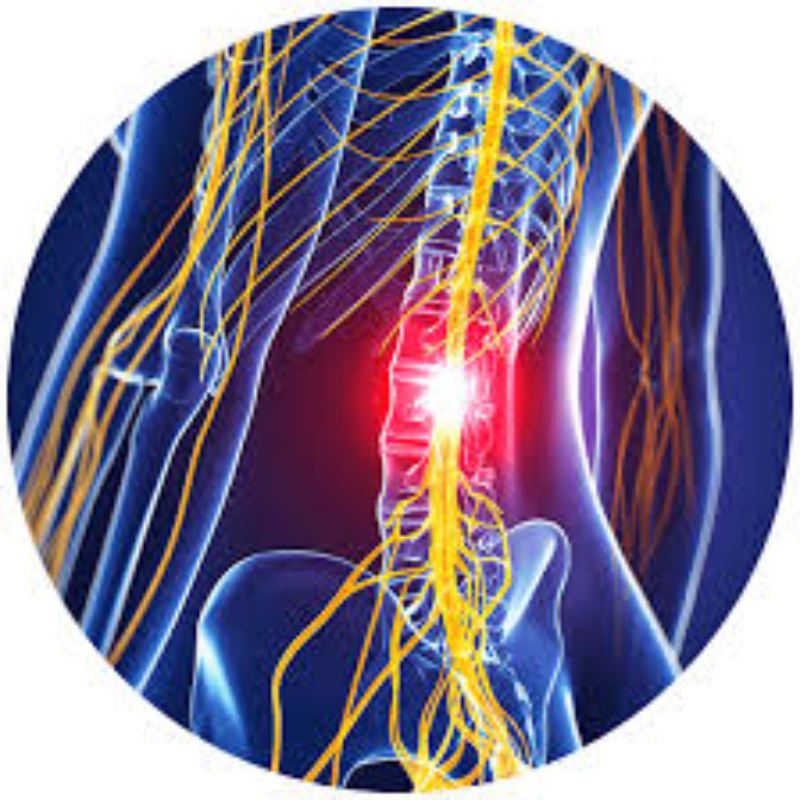
Berlin Heals, an innovator in the field of bioelectric medicine aimed at treating heart failure, has announced the publication of a groundbreaking peer-reviewed study in the ESC Heart Failure journal. The study, titled “Two-year outcomes of a cardiac microcurrent device in chronic heart failure: A first-in-human pilot study,” highlights the long-term clinical performance of the company’s Cardiac Microcurrent Implantable Device (C-MIC), offering promising evidence of its sustained benefits even after the discontinuation of active treatment.
The study focuses on the extended follow-up of patients who participated in the original pilot trial involving the C-MIC device, which is engineered to help restore heart muscle function in individuals suffering from chronic heart failure. This publication is particularly significant as it provides the first documented case of prolonged clinical improvements persisting after the therapy itself had been turned off, marking a potential milestone in heart failure treatment.
Conducted over a two-year period, the follow-up study assessed seven patients previously diagnosed with chronic heart failure, classified as NYHA Class III, who had an average left ventricular ejection fraction (LVEF) of 31.7%. These patients had initially completed a six-month pilot trial and were subsequently monitored to evaluate survival outcomes, hospitalization frequency, adverse events related to the device, and overall functional status.
The results are highly encouraging. Over the course of two years, none of the participants experienced adverse events linked to the device. Initial improvements in LVEF, which had increased by 11.6% at the six-month mark, not only persisted but slightly improved to a 12.6% increase even two years after the device was deactivated. Similarly, patients demonstrated sustained functional improvements, as evidenced by a significant enhancement in their six-minute walk distances, which remained nearly 191 meters above baseline levels at the end of the two-year period. Enhancements in quality-of-life scores and functional classifications also endured over the monitoring phase, with only one patient requiring reactivation of the device.
Prof. Dragana Kosevic, the study’s lead author and Co-Principal Investigator, emphasized that these sustained improvements hint at a potential disease-modifying effect of the therapy, given that patients continued to experience benefits after the cessation of active device usage. This suggests that the microcurrent therapy may not merely provide temporary symptom relief but could fundamentally alter the progression of chronic heart failure.
John Brumfield, CEO of Berlin Heals, expressed optimism about these findings, viewing them as confirmation of microcurrent therapy’s transformative potential in addressing heart failure. He noted that the durability and safety profile demonstrated by the C-MIC device not only reinforce confidence in this therapeutic approach but also provide a strong foundation for advancing to larger clinical trials.
Building on these promising results, Berlin Heals is now broadening its clinical research activities. The company’s multicenter C-MIC III trial is currently underway across several European nations, aiming to further explore and validate the long-term benefits of the C-MIC technology in a broader patient population.





